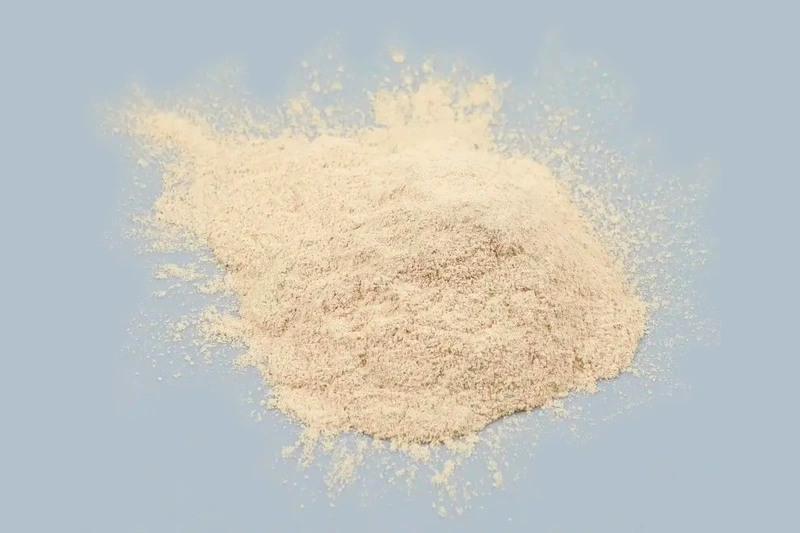- English


L-Tryptophan is an amino acid that can be used as an ingredient in protein supplements. It is involved in the protein synthesis process in the body and plays an important role in muscle growth and repair. Adding a trace amount of L-tryptophan to feed can achieve the purpose of promoting weight gain in animals and has good effects. Tryptophan can participate in fat metabolism in the body and reduce the fat content of animal livers, thereby achieving the purpose of increasing the lean meat ratio of poultry and livestock meat, and can also reduce the possibility of aggressive behavior in poultry and livestock.
Professional Additives And Supplements Manufacturer, We are here to supply high quality additives and supplements for customers.
LATEST NEWS AND BLOGS ALL NEWS >
05-26
Why Is TSPP Phosphate Used in Water Treatment? View More
View More
05-19
05-12
05-05
